Think you're escaping and run into yourself. Longest way round is the shortest way home

Think you're escaping and run into yourself. Longest way round is the shortest way home
James Joyce, the renowned Irish author, was known for his complex and intricate writing style that often delved into the depths of human consciousness and experience. One of his most famous works, "Ulysses," is a prime example of this, as it follows the protagonist, Leopold Bloom, through a single day in Dublin, mirroring the events of Homer's epic poem, "The Odyssey."The quote, "Think you're escaping and run into yourself. Longest way round is the shortest way home," can be seen as a reflection of Joyce's thematic exploration of self-discovery and the journey towards understanding oneself. In "Ulysses," Bloom embarks on a physical journey through the streets of Dublin, but it is also a journey of self-discovery and introspection. Throughout the novel, Bloom grapples with his identity, his place in the world, and his relationships with others, ultimately coming to a deeper understanding of himself.
The idea that trying to escape from oneself only leads to a confrontation with one's true self is a central theme in Joyce's work. Bloom, like the characters in many of Joyce's other works, is constantly searching for meaning and connection in a world that often seems chaotic and confusing. By running into himself, Bloom is forced to confront his own fears, desires, and insecurities, ultimately leading him to a greater sense of self-awareness and acceptance.
The notion that the longest way round is the shortest way home can also be interpreted as a commentary on the nature of personal growth and transformation. In order to truly understand oneself and find a sense of belonging, one must be willing to take the long and often difficult journey of self-exploration. By facing one's inner demons and confronting the complexities of one's own psyche, one can ultimately find a sense of peace and fulfillment that can only come from within.
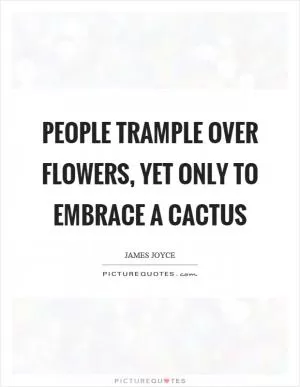
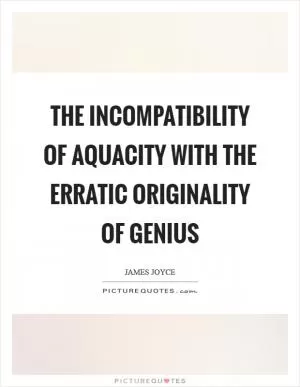

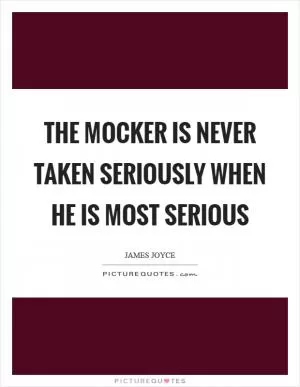

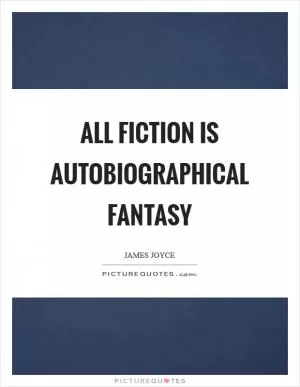
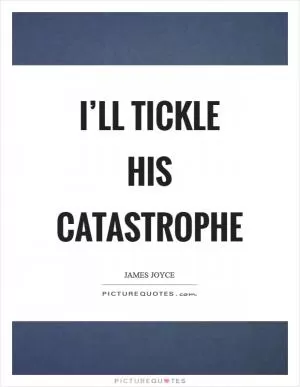
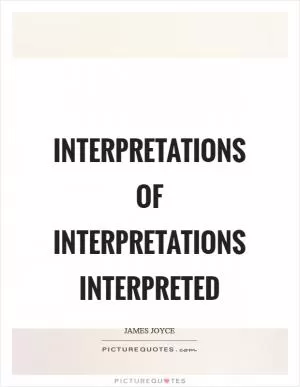
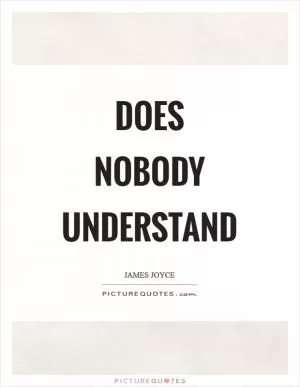



 Friendship Quotes
Friendship Quotes Love Quotes
Love Quotes Life Quotes
Life Quotes Funny Quotes
Funny Quotes Motivational Quotes
Motivational Quotes Inspirational Quotes
Inspirational Quotes